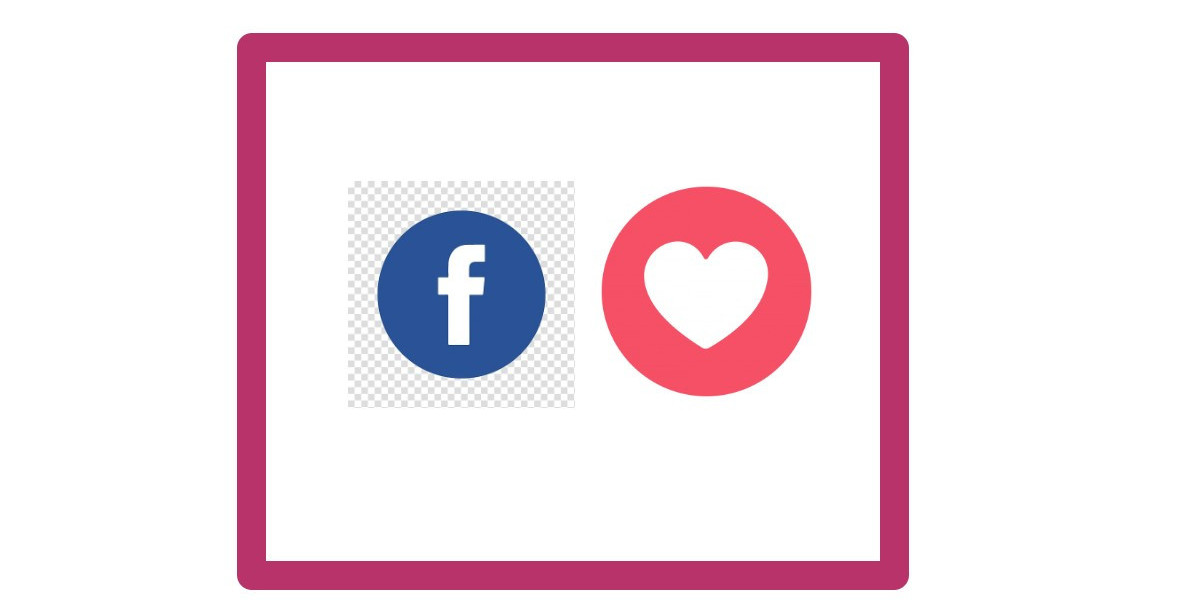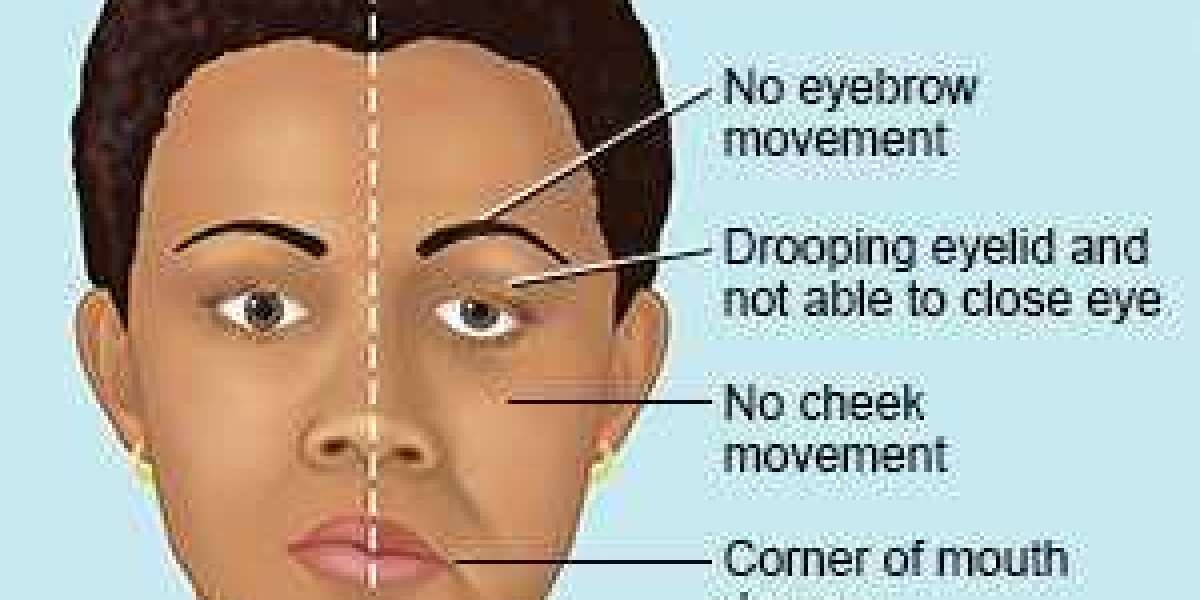In our digital age, Facebook Dating has emerged as a popular platform for connecting like-minded singles. However, like any online dating platform, it’s not immune to the presence of fake profiles. Spotting a fake profile is crucial to protect users from potential scams, fraud, and deception.
Recognizing fake profiles ensures a safe and genuine online dating experience. This article delves into various strategies to identify fake Facebook Dating profiles, underscoring the significance of being vigilant and adhering to online safety practices.
Recognizing Common Traits of Fake Profiles
Limited Profile Information
One of the first signs of a fake profile is limited or vague information. Fake profiles often lack details that make up a genuine user’s account. The personal information provided may be generic, incomplete, and sometimes, inconsistent. It is essential to scrutinize profiles with limited information, as they may be hiding their true identity.
Stock Photos or Model Images
Fake profiles commonly use stock photos or images of models. These images can be cross-verified through reverse image search tools like Google Images. Users should look for inconsistencies in photos, such as varying appearances, backgrounds, and contexts, which might indicate the use of stolen images from the internet.
Rapid Progression of Relationship
Fake profiles may attempt to progress the relationship rapidly, making quick declarations of affection or urging users to move off the platform. This tactic is employed to gain trust and extract personal or financial information. Users should be wary of such accelerated advancements and pressure to leave Facebook Dating.
Analyzing Communication Patterns
Scripted or Automated Responses
Fake profiles might use scripted or automated responses, lacking personalization and authenticity. If responses are immediate and appear scripted, it is a red flag. Genuine users tend to have a natural flow in conversation, reflecting individuality and sincerity.
Grammar and Spelling Issues
Inconsistent grammar and spelling, especially when it contradicts the education level or background mentioned in the profile, can be indicative of a fake account. Unnatural language use, including incorrect syntax and unusual phrasing, should raise suspicion.
Avoidance of Personal Interaction
Fake profiles often avoid personal interaction, showing reluctance to meet in person or avoiding video or voice calls. This avoidance is a tactic to maintain the deception as meeting in person or video calls would reveal their true identity.
Investigating External Links and Financial Requests
Requests for Money or Financial Assistance
A significant red flag is when profiles ask for money or financial assistance. These requests are often part of common scams and fraudulent activities. Users should never send money or share financial information and should report such requests immediately.
Redirects to External Websites
Fake profiles might attempt to redirect users to external websites, which could be phishing attempts. Users should be cautious about clicking on unfamiliar links and should practice secure browsing to protect their personal information.
Utilizing Facebook’s Safety and Reporting Features
Blocking and Reporting Suspicious Profiles
Facebook provides features to block and report suspicious profiles. Users should familiarize themselves with the steps to block and report to ensure a safe environment. Facebook reviews reported profiles and takes appropriate action to maintain user safety.
Reviewing Safety Guidelines
Facebook Dating offers safety tips and guidelines to protect users. Regularly reviewing these guidelines and staying informed about potential scams is essential for a secure online dating experience.
Use a Unique Profile Picture:
- Having a unique profile picture for Facebook Dating helps in maintaining privacy and avoiding catfishing.
Keep Personal Information Private:
- Avoid sharing sensitive information like home address, phone number, and financial details with matches you don’t know well.
Research Your Match:
- Conduct a thorough online search or check other social media platforms to verify your match’s identity.
Be Wary of Scams:
- Stay alert for potential scams, including requests for money, links to malicious websites, or seemingly fake profiles.
Block and Report Suspicious Users:
- Utilize Facebook’s features to block and report any suspicious or harmful users immediately.
Plan Safe First Dates:
- Arrange to meet in public places, let someone know your plans, and have a safety check-in time.
Keep Communication on the Platform:
- Avoid moving to less secure messaging apps or giving out your personal contact information too soon.
Use Video Chat Before Meeting:
- Video chat can help you verify someone’s identity before meeting in person.
Trust Your Instincts:
- If something feels off, trust your gut feeling and prioritize your safety.
Enable Location Sharing:
- Share your live location with a trusted friend or family member when going on a date.
Stay Sober on the First Date:
- Keep a clear head by limiting alcohol consumption on your initial meetups.
Avoid Linking Other Accounts:
- Refrain from linking additional social media accounts to maintain privacy.
Review Facebook’s Safety Guidelines:
- Familiarize yourself with the safety guidelines and tips provided by Facebook Dating.
Stay Informed on Common Scams:
- Regularly review online resources to stay updated on common online dating scams.
Use a Virtual Phone Number:
- Consider using a virtual phone number if you decide to share contact details.
Check Mutual Friends and Interests:
- Analyze mutual connections and interests to gauge the authenticity of a profile.
Be Cautious with Overseas Matches:
- Exercise extra caution when interacting with matches who live abroad to avoid international scams.
Set Profile and Privacy Settings:
- Review and adjust your Facebook Dating profile and privacy settings for maximum safety.
Have an Exit Strategy:
- Plan ahead for a way to leave the date early if you feel uncomfortable or unsafe.
Educate Yourself on Digital Consent:
- Understand and respect digital consent, being mindful of what you share and ask for online.
Cross-Referencing Information
Google Search
Performing a Google search of the profile information can reveal whether the details are associated with any known scams or fake profiles. Cross-referencing information helps in identifying inconsistencies and verifying the authenticity of the profile.
Social Media Search
Searching for associated social media accounts provides additional insights into the user’s online presence. Analyzing these accounts can reveal whether the profile is genuine or if it exhibits signs of being fake.
Staying Updated on Scams and Phishing Tactics
Regularly Reviewing Online Safety Tips
Staying updated on online safety tips from trusted resources is essential. Knowledge about recent scams and tactics empowers users to protect themselves from falling prey to fake profiles.
Joining Forums and Community Discussions
Participating in forums and community discussions about online dating scams helps in learning from others’ experiences. Sharing information about suspicious profiles aids in building a collective defense against fake accounts.
How do you know if someone is scamming you on Facebook Dating?
- Indicators of Scamming:
- Rapid progression of the relationship.
- Requests for money or personal information.
- Avoiding personal interaction and meetups.
- Inconsistent or generic profile information.
- Messages seem scripted or overly formal.
- Unverifiable stories or too much drama.
Are there fake accounts on Facebook Dating?
- Presence of Fake Accounts:
- Like most online platforms, Facebook Dating also has fake accounts, but the platform employs verification methods and reporting features to minimize their presence.
How do I know if someone is real on a dating site?
- Verification Strategies:
- Check their communication style for authenticity.
- Cross-reference their profile information with other social media platforms.
- Request a video call or meetup.
- Look for consistent and detailed profile information.
- Be wary of overly perfect or stock photos.
Which dating site has the most fake profiles?
- Variation Across Sites:
- The number of fake profiles varies, but some reports suggest that free dating sites and apps tend to have more fake profiles compared to paid services.
Which is the most genuine dating app?
- Reputable Dating Apps:
- Apps like Bumble, Match.com, facebook dating, and eHarmony are often recognized for their authenticity and security features, but users should still exercise caution.
What dating app has the least fake accounts?
- Apps with Strict Verification:
- Apps like Bumble and Hinge have strict verification methods, reducing the number of fake accounts, but no platform is entirely free from them.
Who makes fake dating profiles?
- Creators of Fake Profiles:
- Scammers, cybercriminals, or individuals seeking attention or exploring deceptive tactics usually create fake profiles.
What are fake dating profiles called?
- Term for Fake Profiles:
- Fake dating profiles are commonly referred to as "Catfish," stemming from the term "catfishing," which means creating a false online identity to deceive others.
Conclusion
Identifying fake Facebook Dating profiles is imperative for a safe and authentic online dating journey. By recognizing common traits of fake profiles, analyzing communication patterns, investigating external links, utilizing Facebook’s safety features, cross-referencing information, and staying informed about scams, users can effectively guard themselves against potential threats. Vigilance, coupled with adherence to online safety practices, ensures a rewarding and secure dating experience on Facebook.

